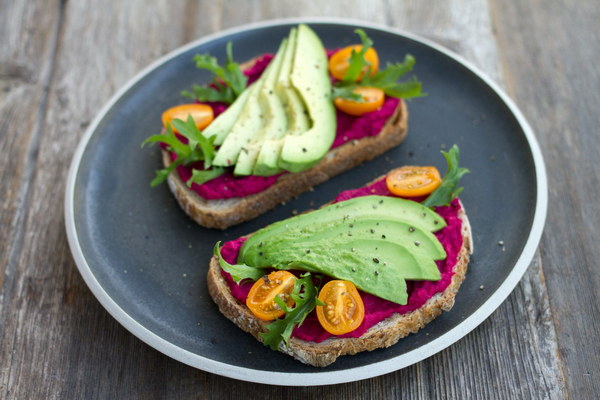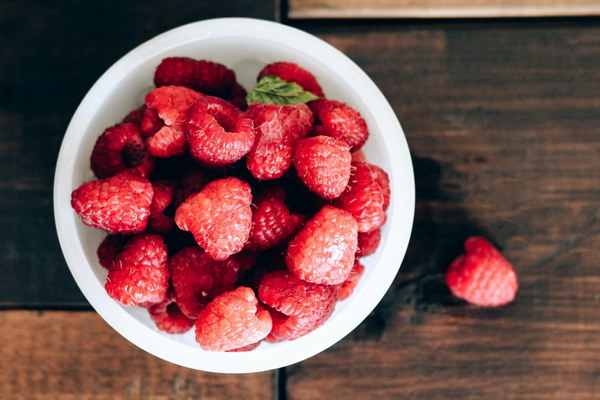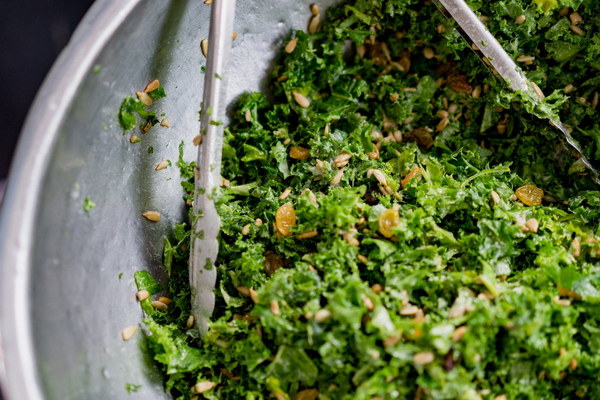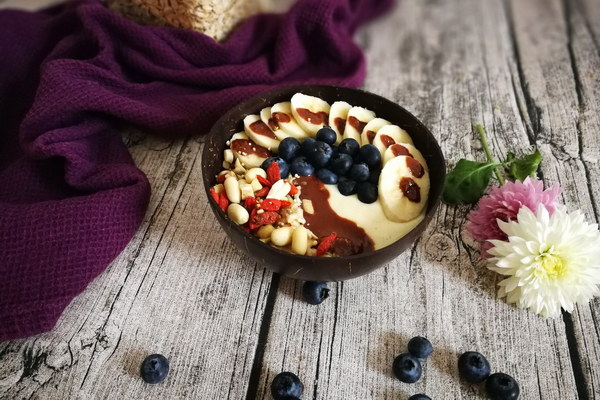Nourishing the Night A Holistic Approach to Treating Children's Yin Deficiency and Night Sweats through Diet
Introduction:
Yin deficiency and night sweats are common issues among children, often causing discomfort and sleep disturbances. Traditional Chinese Medicine (TCM) offers a holistic approach to treating these conditions, with diet playing a crucial role. In this article, we will explore the concept of yin deficiency, the symptoms of night sweats in children, and provide a comprehensive guide to using food as a natural remedy for this condition.
Understanding Yin Deficiency:
Yin refers to the cool, moist, and nourishing energy in the body. Yin deficiency occurs when this energy is depleted, leading to various health issues. Children with yin deficiency may experience symptoms such as night sweats, irritability, heat intolerance, dry skin, and thirst. TCM believes that balancing the body's yin and yang energies is essential for overall health.
Identifying Night Sweats in Children:
Night sweats refer to excessive sweating during sleep, which can be caused by yin deficiency. It is important to differentiate between night sweats and regular sweating during sleep. Night sweats are usually more severe and may cause discomfort, while regular sweating is often a normal physiological response to heat or stress.

Natural Remedies: Food as Medicine
TCM emphasizes the use of food as medicine, and this approach is particularly effective for treating yin deficiency and night sweats in children. Here are some natural remedies and dietary tips to help alleviate these symptoms:
1. Hydration:
Ensuring adequate hydration is crucial for balancing yin energy. Encourage your child to drink plenty of water throughout the day. Herbal teas such as chrysanthemum, lotus seed, and peony root tea can also help cool down the body and reduce night sweats.
2. Cooling Foods:
Foods that are cooling and moistening in nature can help nourish the yin and alleviate night sweats. Some examples include:
- Melon: Watermelon, cantaloupe, and honeydew melon are excellent choices due to their high water content.
- Cucumber: This vegetable is known for its cooling properties and can be consumed raw or in salads.
- Mung beans: These beans are rich in nutrients and can be cooked into soups or stews.
- Almonds: Almonds are a good source of vitamin E and can help nourish the yin.
3. Herbs and Spices:
Herbs and spices can also be used to balance yin energy and reduce night sweats. Some options include:
- Goji berries: These berries are known for their immune-boosting and yin-nourishing properties.
- Astragalus root: This herb is believed to strengthen the immune system and support yin energy.
- Ginger: Although ginger is a warming spice, it can be used in moderation to help balance the body's energy.
4. Avoiding Heat-Producing Foods:
Certain foods can exacerbate yin deficiency and night sweats. It is important to avoid or limit the consumption of the following:
- Spicy foods: Spices like chili, pepper, and garlic can increase body heat.
- Stimulants: Caffeinated beverages and chocolate can disrupt sleep patterns and increase sweating.
- Alcohol: Alcohol is a diuretic and can deplete yin energy.
Conclusion:
Treating yin deficiency and night sweats in children through diet can be a natural and effective approach. By incorporating cooling and nourishing foods into your child's diet and avoiding heat-producing foods, you can help restore balance to their body's yin energy. Remember to consult with a healthcare professional or a TCM practitioner before making significant changes to your child's diet.









